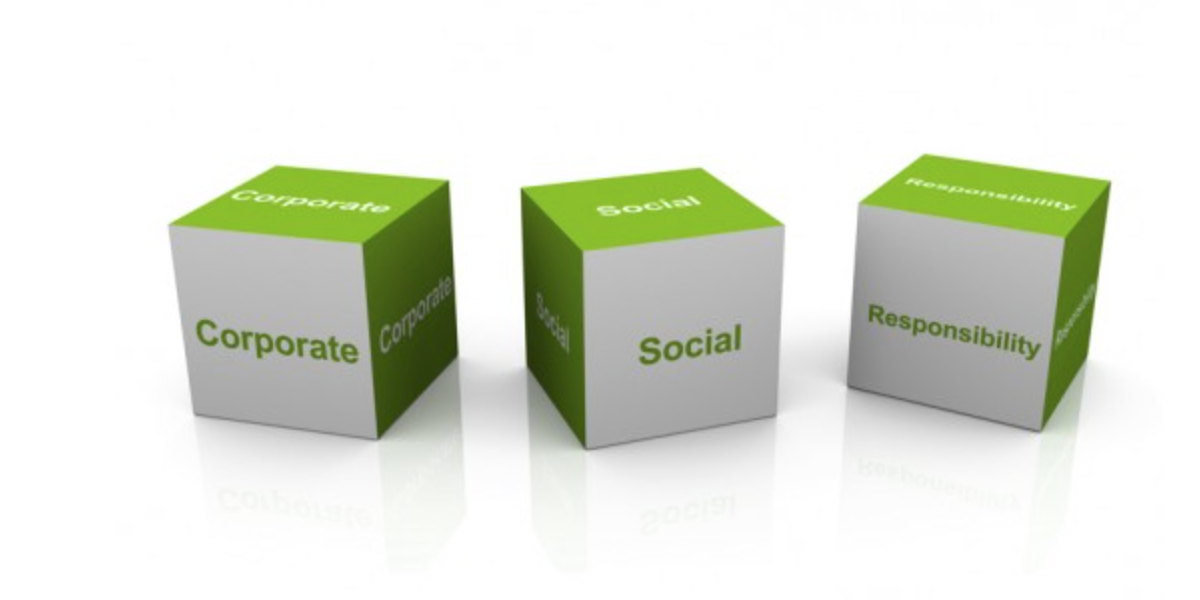Brands can promote their corporate social responsibility efforts all they want, but the biggest impact comes when it relates to “badge products” consumers can show off to friends and family, according to a research study from the University of Toronto’s Rotman School of Management.
Co-authored by a professor at the University of California, Berkeley, the paper attempts to mathematically assess corporate social responsibility (CSR) tactics with the value it brings to a company and the financial investment required.
According to David Soberman, a Rotman School professor of marketing and Canadian National Chair of Strategic Marketing, the research shows supporting CSR as a consumer may be as much about keeping up with the Joneses as it is helping worthy causes such as the environment.
“It actually isn’t something that affects the (sales) performance of the product per se,” he told Marketing. “Status becomes important in products that are visually displayed to others. You can’t wear a car like a badge, but it may say something about the person you are.”
This not only includes things we wear, but the food we eat in public or larger, more expensive purchases, Soberman added, such as a fuel-efficient car.
Of course, CSR is a complex area with a lot of different motivations. This includes what Soberman called the “public benefit” of reducing greenhouse gases, but also private benefits such as saving on gas by buying a fuel-efficient car. Though he suggested using CSR for competitive advantage could wane over time and become what’s expected in a certain category, in others it’s a way to bring brands and consumers closer together.
“That brand allows them to express something about themselves and to make a statement to others about what they think is important,” he said. “Our model is a mathematical relationship of that strengthening.”
CSR may also appeal more to certain demographics than others. Soberman said. While this can vary, common sense that it resonates with those slightly wealthier, educated and younger (like millennials) is not unfounded.
“Many of the people of that generation not only will they buy products, but they actually walk the talk as well,” Soberman said. “They’re living lives that are consistent with people who seem to care more about the world.”
Soberman hopes the paper, which will be published in a forthcoming issue of the academic journal Marketing Science, will inspire more strategic thinking about CSR, though he suggested that in some sectors and products, there will be little choice but to do the right thing.
“If you were just giving out plastic bags for everything in a supermarket now I think it would actually create a negative image for the supermarket that did that,” he said.











